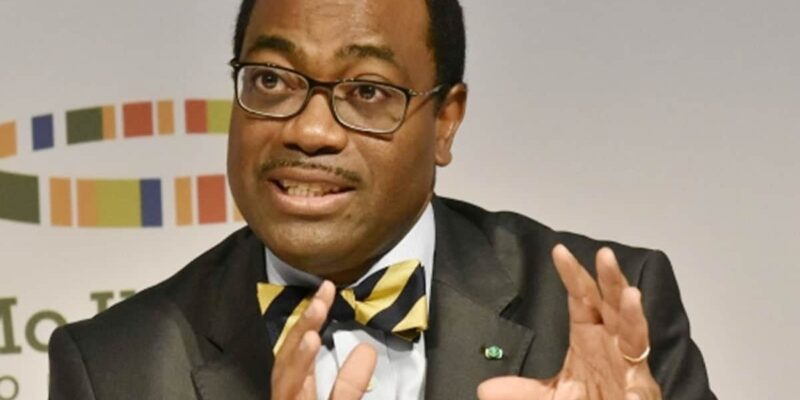LAGOS — Dr. Akinwumi Adesina, outgoing President of the African Development Bank (AfDB), has decried the irony of Africa possessing some of the world’s largest renewable energy resources while over 600 million people on the continent still live without electricity.
Speaking at the 2025 Standard Chartered Bank Africa Summit in Lagos, Adesina highlighted the urgent need for massive investments to close Africa’s crippling energy deficit — an obstacle he says is stalling industrial growth and economic competitiveness.
“Africa has abundant renewable energy sources — solar with a potential of 11 terawatts, hydro at 350 gigawatts, wind at 150 gigawatts, and geothermal at 15 gigawatts,” Adesina said in his presentation, obtained by the News Agency of Nigeria (NAN). “Yet, 600 million people remain without access to electricity.”
According to him, unlocking these energy resources will drive industrialisation, enhance value addition across agriculture, mining, and manufacturing, and help Africa become globally competitive.
Adesina pointed to Mission 300, a joint initiative between the AfDB and the World Bank, aimed at connecting 300 million Africans to electricity by 2030. Achieving this, he said, will require both public and private sector commitments.
“The Energy Compacts for the first 12 countries alone total $127 billion — with over $61 billion expected from the private sector,” he revealed.
To attract this scale of funding, Adesina called for the expansion of public-private partnerships, along with better project preparation pipelines to make investments more bankable.
On achieving the United Nations Sustainable Development Goals (SDGs) by 2030, Adesina noted that Africa must invest massively in infrastructure, energy, digital connectivity, roads, education, healthcare, and water.
He said the continent would require at least $1.3 trillion annually in financing, which must be sourced through domestic resource mobilisation, capital markets, foreign direct investments, and concessional finance.
“For Africa to grow faster and more sustainably, we must move from aid dependency to investment-driven development. Africa has what it takes to achieve its bold ambitions,” he affirmed.

Comments